
Market Insight
Market Insight courtesy of Argus Media

Market Insight courtesy of Argus Media
Charlotte Hebebrand, director general of the International Fertilizer Association (IFA), is to step down at the beginning of May, after more than seven years in the role.
The grave economic and human health consequences of the global spread of coronavirus (Covid-19) deepened in March.
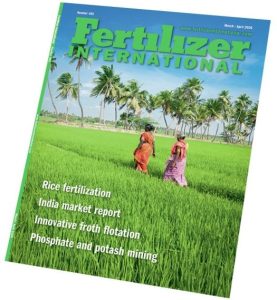
The end of winter each year is always a good time to reflect on the state of the fertilizer industry. This year was no exception with the usual flurry of fourth-quarter and full-year results for 2019 emerging mid-February. Less of a flurry, actually, more of an avalanche.
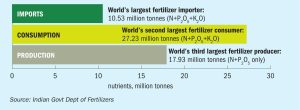
India consumed just under 57 million tonnes of fertilizers in 2018/19, cementing its position as the world’s second largest fertilizer marketplace. MP Sukumaran Nair provides an update on the country’s fertilizer industry, its continuing import reliance and the strong influence of government policy.
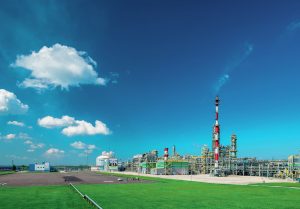
Concerns are growing about the health impacts of the heavy metals present in phosphate-based fertilizers and their accumulation in soils. In response, regulators and international agencies are currently seeking to limit human exposure to these potentially harmful elements. Encouragingly, a number of sustainable options with minimal market impacts are available, as Mikhail Pleschev, Boris Levin and Juan von Gernet of PhosAgro explain.
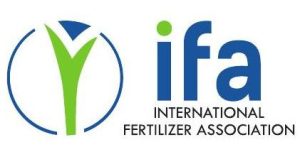
The International Fertilizer Association (IFA) is helping to fully develop the career potential of younger employees through its Young Professionals initiative. This is providing a new generation of industry professionals with access to mentoring and career development advice. It also gives individuals a chance to network with their peers, as well as subsidising attendance and participation at international conferences.
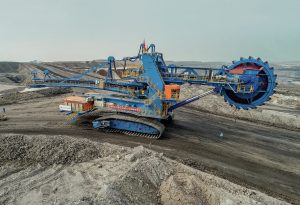
We look at state-of-the-art technology used in phosphate and potash mining, including equipment and systems for excavation, tailings thickening, transport, tunnelling and processing.
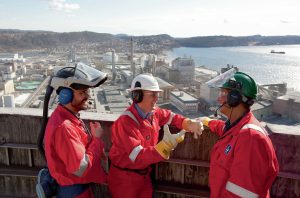
We look at safety, health and environmental (SHE) management and hazards at nitrogen fertilizer plants and the importance of the International Fertilizer Association’s ‘Protect & Sustain’ certification scheme.
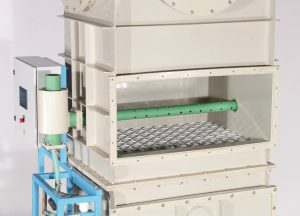
Russia’s urea research & design institute, NIIK, introduces the Foam Hydrofilter – a completely new type of wet scrubber for air pollution control at urea plants. The Hydrofilter offers the same operational efficiency as many conventional scrubbing systems while avoiding many of their drawbacks.